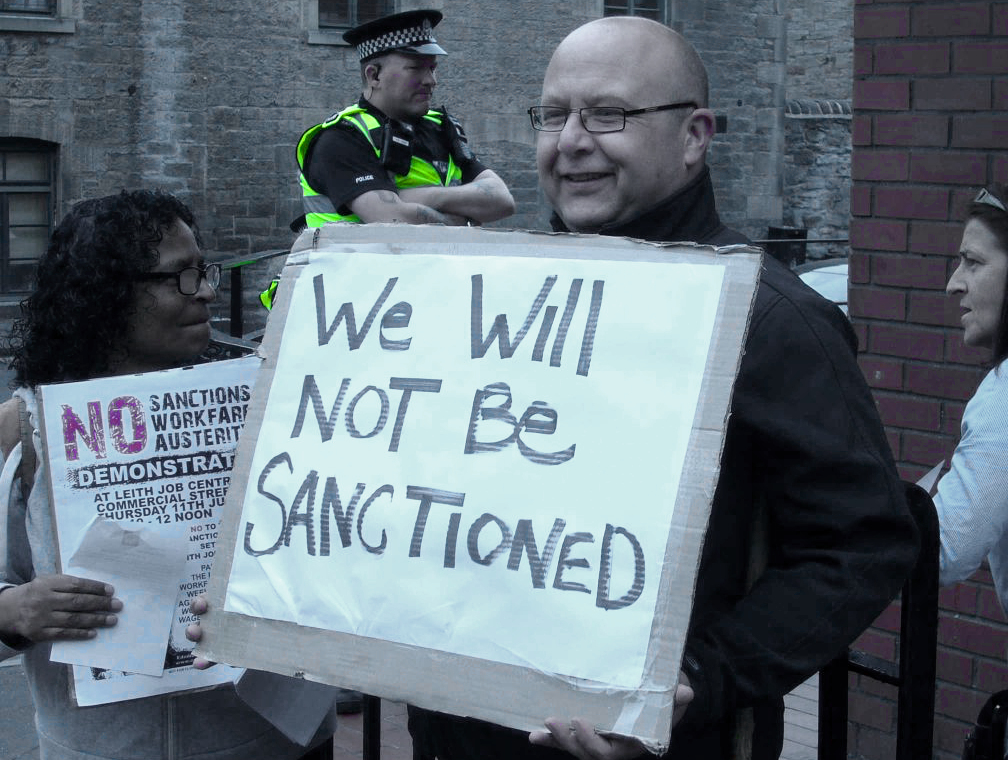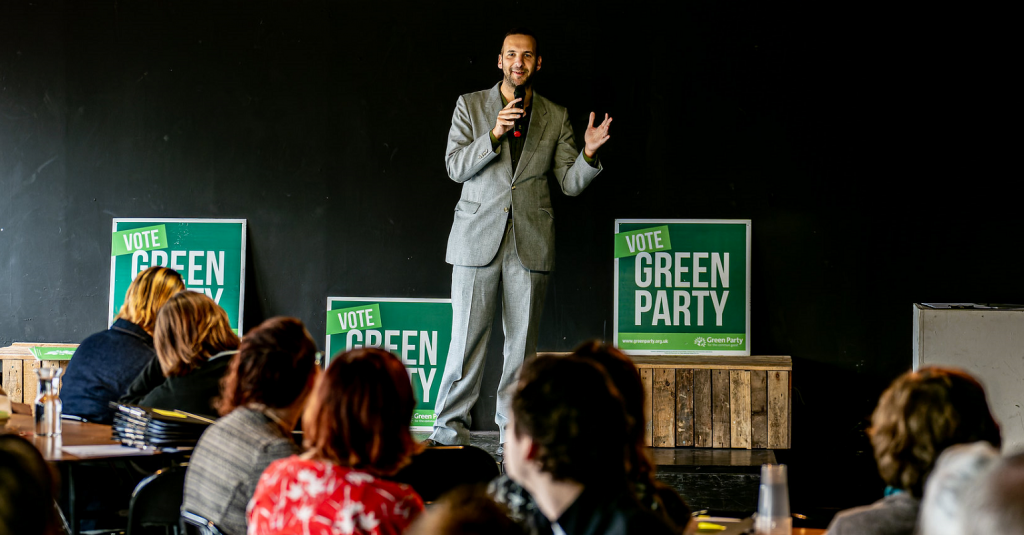We’re in danger of forgetting the true cause of unemployment

Just how do they get away with it? “Towards full employment” was a slogan the Tories were using for a few months around the election period. Rhetorically, it made a refreshing contrast to days gone by, when the likes of Tory Chancellor Norman Lamont said that “rising unemployment” was a price “well worth paying”, to ostensibly get inflation down. Admittedly, David Cameron does have some decent employment stats to point to. At 5.1%, it is around 3% lower than than at the 8.3% it reached at the height of the double-dip recession.
(It’s worth noting that those statistics are not especially meaningful. Welfare reform blogger Johnny Void has pointed out that the Claimants Count does not include anyone sanctioned, which numbers in the hundreds of thousands, and that those on workfare are counted as ”employed”. And all this is to say nothing of the massive rise of precarious jobs.)
Before proceeding, a bit of context. The proliferation of food banks in Britain has been widely acknowledged and well-documented. Forget the statistics, I myself have visited food banks across the UK – from Aberdeen to Essex – and seen the tears and desperation with my own eyes. In every food bank I have been to, the organizer has told me that it is not shocking to see people who literally haven’t eaten in over two days. The Feeding Britain report was unequivocal about the cause: “benefit-related problems was the single biggest reason given for food bank referrals by almost every food bank that presented evidence to us.” The UK is now a country in which a measurable proportion of our population are being knowingly starved, and the Tories know that this situation is only democratically sustainable if the population thinks people deserve it.
But in everything I have ever read – even amongst the progressive media – I don’t think I have ever heard someone say the following: that such is the nature of the market system, sometimes jobs are not available for people, or sometimes people’s skills or lack of skills don’t match those jobs there are, and when that happens, people need to be protected from falling into destitution. Statistics from the ONS prove this categorically: in January 2016, there were 776 thousand vacancies in the economy, but 1.6 million unemployed people.
And in fact, it goes even further than that, because unemployment is a structural feature of capitalism itself. Karl Marx called it the “reserve army of the unemployed” – a surplus pool of labour designed to keep wages low and profits high:
“big industry constantly requires a reserve army of unemployed workers for times of overproduction. The main purpose of the bourgeois in relation to the worker is, of course, to have the commodity labour as cheaply as possible, which is only possible when the supply of this commodity is as large as possible in relation to the demand for it.”
The higher the unemployment rate, the lower the wages and the higher the profits. As the average unemployment rate has increased from 1.6% to 7.8% since the Thatcherite revolution, workers’ wages as a share of GDP has gone down from 61% to 51%, while profits as a share have gone up from 24% to 28%.
This evidence should tell us three things.
The first is that the term “Jobseeker’s Allowance” is a misleading and Orwellian term, giving people a false ideological understanding of the phenomenon.
The second is that strict benefit-conditionality (with the sanctions creating misery around the country) is unequivocally unacceptable. If unemployment is demonstrably the fault of the system the only condition for receipt of unemployment benefit should be that you are unemployed. How can someone be required to look for jobs which do not exist?
Third, is the growing need for claimants and workers to show solidarity with each other’s struggles. Listen carefully and the Tories, with their relentless messaging of “for hard-working people”, are trying to change class consciousness; so that workers define themselves against those who do not work, rather than the bosses who exploit both of those groups for their own ends.
More broadly though, what the ongoing welfare war shows is how deeply engrained victim-blaming is in our culture. Unless progressives provide people with an alternative narrative, offering a systemic analyses at every point, people will continue to suffer for it.




Leave a Reply